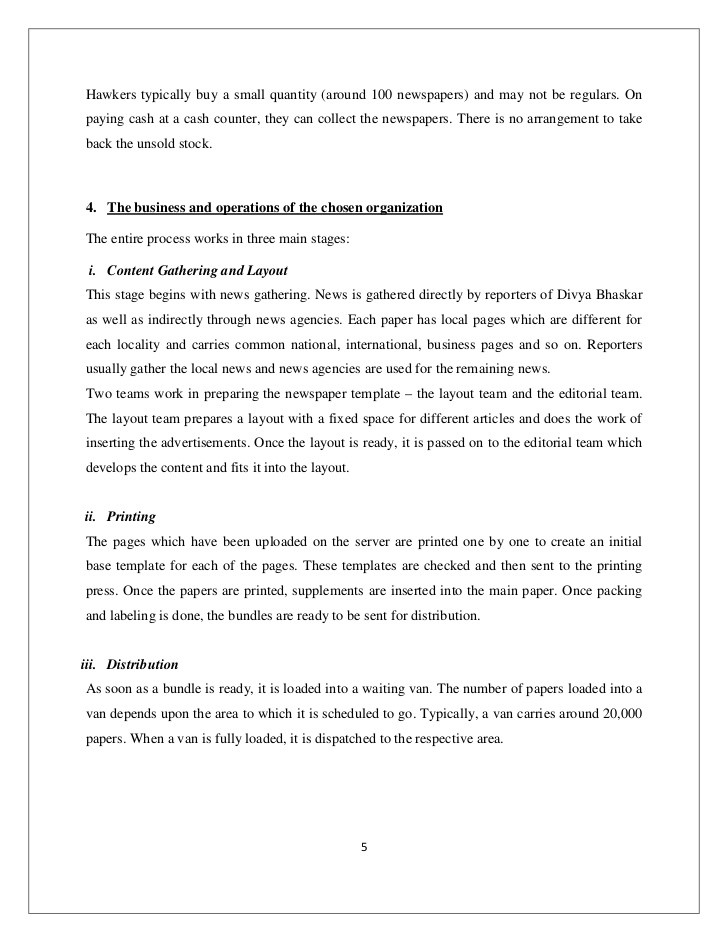Agent2Agent Short Sal there any risk to buyer to buy short sale property I m a brand new
Post on: 21 Май, 2015 No Comment

Asked by Thomas T. 22031 Fri Jul 18, 2008
Answers
BEST ANSWER
Questions and Answers for Short Sale Buyers
1. Why would a Buyer consider a short sale?
Think of a short sale as a pre-foreclosure sale. You are purchasing from a very motivated seller and negotiating with a motivated lender. The seller want to sell to avoid foreclosure and the lender also wants to avoid foreclosing. Foreclosing on a property is very expensive to a lender. Thus, the Buyer of a short sale is very likely to get a very good deal on the property.
How much can a Buyer save?
The savings can depend upon many factors like condition of the property, location of the property, the
motivation of the lender and seller. In my opinion a buyer normally can purchase the property about
10% below market value.
But I have heard that Buyers can purchase short sales for 50 to 60 percent of value. Isn't that true?
There are rare occasions where such a deal is possible, but it is very rare. These deals are usually
discovered by savvy real estate investors and the properties are rarely exposed to the public. When
purchasing a short sale property that is listed expect a more modest, but very profitable savings.
Are there any disadvantages to purchasing a short sale?
If you do not have a pressing deadline by which you must purchase, a short sale may very well be worth
the effort. There are two main issues of which the buyer should be aware: (1) The process of
accomplishing a short sale involves a lot of time. From beginning to end it can take 3-4 months on
average; (2) Even though the Seller accepts your offer, it must be approved by the Seller's lender, and it
could take 60-90 days to receive an answer on your offer.
Why does a short sale take so long? What is the process?
Here is a brief overview of the process. First, the seller must list the property with a Realtor. This is
required by most lenders. Second, a buyer must be found and a contract executed between the Seller
and the Buyer. Third, the sale and purchase agreement along with the seller's financial information is
sent to the lender for review (this is called the short sale package.) Fourth, the lender orders a Broker's
Price Opinion on the property. Fifth, once conducted, received, and reviewed, the file is assigned to a
Loss Mitigation Specialist. Sixth, the LMS accepts, rejects, or counters the Buyer's offer on the property.
Seventh, the negotiation continues until it either all comes together or else falls apart. Eighth, if all
parties reach agreement the closing date is set, usually for about three weeks away.
How long does the above process take?
Once a purchase and sale agreement is executed between the Seller and the Buyer the whole process
may take anywhere from 3-6 months. In today's market a Buyer can expect a response to their offer
from the lender anywhere from 2-3 months, maybe longer.
How is the listing price of the property determined?
The list price is determined by the listing agent. As a Broker-associate who lists and sells a lot of short
sales I cannot emphasize enough the importance of the list price. Some listing agents will price a home too low, hoping to create a bidding war between buyers. Low offers simply are doomed to be rejected by the lender. Other agents may price the home too high and no offers are received before it is too late to save the owner from foreclosure. The key is to price the home competitively in order to attract excited buyers, and yet not so low as to fail to get the transaction approved. The listing agent must be very skillful in pricing.
Does this mean that I could offer full price and still not get the property?
Exactly right. If the listing agent prices the home too Iowa buyer could easily waste three months
simply waiting for a rejection.
Who exactly is the Seller, is it the owner or the lender?
The Seller is the owner of the property as in any other transaction. The lender is involved in the
transaction because the sale is subject to the lenders approval. The lender must approve the deal
because the lender must accept a short pay on the mortgage for the deal to work. Without the
lender's cooperation there is no deal.
10.
So, do I submit my offer to the Seller or the Lender?
Your offer is submitted to the Seller who in turn may accept it, reject it, or counter it. It is then
forwarded to the lender who also may in turn accept it, reject it, or counter it.
11.
Might I be up against other competing offers on the property?
It is possible that other offers could be accepted by the Seller as back-up contracts. Some lenders will
only deal with one offer at a time which is in your best interest. Other lenders will want to know about
all offers and will consider the merits of each offer. Being the first Buyer to have an executed offer with
the Seller does not guarantee that your offer is the one the lender will negotiate.
4 votes Thank Flag Link Fri Jul 18, 2008














